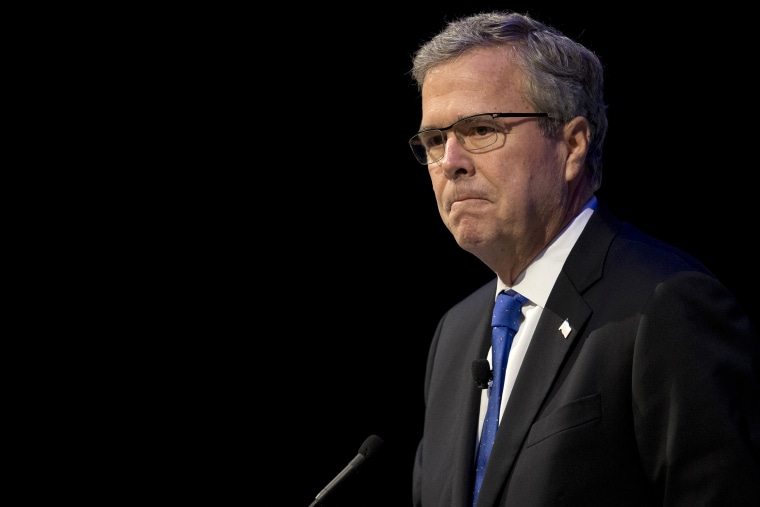Co-founded in 1996 by Mr. Bush with what he called in an email a "powerful sense of pride and joy," Liberty City Charter School was the first school of its kind in Florida and a pioneer in a booming industry and national movement. It became an image-softening vehicle for Mr. Bush's political comeback, though the school's road was anything but smooth. It served a poor, often overlooked black population, and struggled with landlord problems and deepening deficits without the resources and infrastructure of a public school system to rely on. And by the time it closed, in 2008, the school did not have Jeb Bush to count on, either.
Four economists who studied the A-F grades in 2007 found some good news: risking a failing grade seemed to force schools to improve. Students at F schools fared better on both the FCAT and on a lower-stakes test the following year than similar students at schools that received higher grades. Schools that got Fs were also more likely to offer summer school or after school programs, and to focus more on the students that needed the most help. Over time, the number of Florida schools rated A or B increased from 21 percent in 1999 to 72 percent in 2012. But it wasn't perfect: another study found that some schools also gamed the system, classifying poor and low-performing students as disabled so that their scores wouldn't count. The stakes for schools really were high. So the FCAT became the classic example of a high-stakes test. Schools held pep rallies to encourage children to do their best (and to make the scary tests seem more fun). Parents reported that their kids had stomachaches, headaches, and anxiety surrounding the FCATs. The same study that found scores went up in reading and math at schools with low grades also pointed out that those schools relaxed minimum time requirements for subjects that weren't tested. More time for reading and math meant less time for art, music, and physical education.
